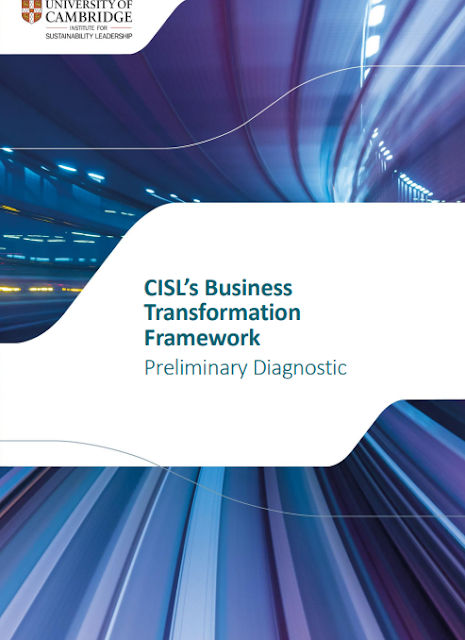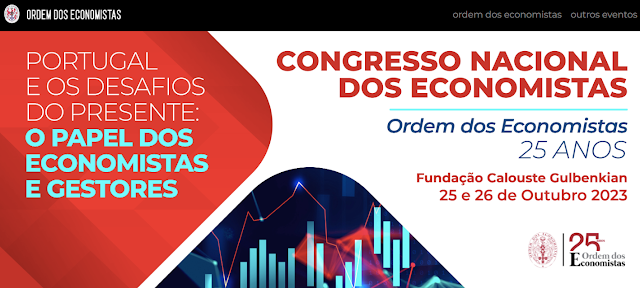*
* *
Olhando para as imagens acima a primeira reação será de satisfação: o «verde» (com o mesmo significado de «desenvolvimento sustentável» ou «sustentabilidade» e não apenas de «ambiente») a ser tratado por intervenientes diferenciados. Estivemos presente e pensamos estar em acontecimentos que lhe estão associados. De facto, assistimos ao Congresso dos Economistas; fomos à Sociedade Nacional das Belas Artes (SNBA) ao lançamento da Umbigo e constatar ao vivo o que está divulgado aqui: «A autoria da capa de Fertile Futures é de Alexandre
Delmar e Maria Ruivo fruto da performance Repair
um projeto conduzido por Guida Marques, durante o Seminário
Internacional de Verão, que trouxe para o debate, a partilha de ideias e a
vivência conjunta da paisagem e dos problemas ambientais. Nesta coedição, pensadores, artistas e coletivos refletem sobre o
futuro, a gestão dos recursos hídricos, os conflitos políticos, a fertilidade,
a ancestralidade e a urgência de voltar a cuidar de um património natural que é
comum». E pensamos ir à Conversa no Teatro Municipal Joaquim Benite (TMJB). Reforcemos, é de facto reconfortante sentir que muitos sentem que o assunto «verde» tem de fazer parte das nossas vidas. E lembramos quando Kofi Annan, então Secretário-Geral da ONU, dizia que a «sustentabilidade» tinha de fazer parte do ADN das empresas para salvarmos o planeta e se queriamos defender a nossa civilização. Hoje podemos adiantar que tem de entrar no ADN de tudo e todos. De todas as organizações; das diferentes comunidades; dos governos; de cada pessoa ... E, a nosso ver, há um aspecto que não o favorece: nas atividades públicas é tudo muito atomizado, o todo raramente parece estar presente. Cada um trata da sua componente (diriamos mesmo de um seu «quintalzinho» sem contexto) da equação hoje facilmente aceite, a saber: Desenvolvimento sustentável = economia, ambiente, social, governança, cultura. Voltemos à imagem que há muito desenhamos e nos acompanha, para se sublinhar que ao MESMO TEMPO há que intervir nisto:
Isto é, de maneira sistémica, nomeadamente de forma integrada, interdependente.
Para quem acompanha e deseja um NOVO NORMAL que se afigura indispensável, e está em linha com o business not as usual, concluirá que entre nós há défice de reflexão e de transformações. E até se identificam retrocessos. Por exemplo, cada vez mais temos «céticos» no que se refere ao clima. Produções académicas - com práticas (dos melhores?) - que estiveram «na berra» são ignoradas. Densifiquemos: o RELATÓRIO ÚNICO (ou INTEGRATED REPORTING) nem se fala dele - não se falou na sessão paralela acima referida do Congresso dos Economistas. (Mas não podemos deixar de distinguir a intervenção de Virgílio de Azevedo - A verdade escondida sobre as alterações climáticas - veja o resumo). Insiste-se no relato ESG por um lado e no relato financeiro por outro! E para o ESG não param de proliferar Plataformas ..., cada setor faz a sua ... O ESG, como «flor na lapela»? No que a isto diz respeito, há quem tenha mais responsabilidades do que outros: a ORDEM DOS ECONOMISTAS não terá de tomar uma posição? Quanto à CULTURA - uma das «meninas dos nossos olhos» aqui neste blogue - a informação do que vai acontecendo por esse mundo fora, onde a encontrar? Com que ponto de situação atuará o Governo? Não será de pedir/exigir que o Ministério da Cultura meta «a mão na massa»? Quase como curiosidade:



























